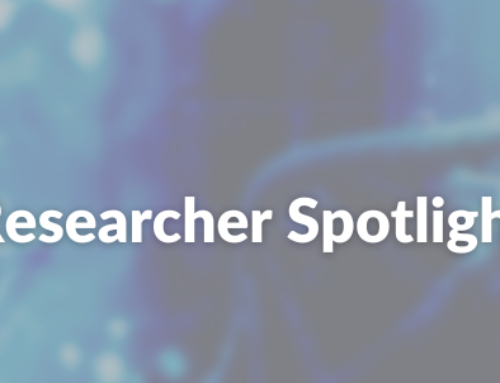 What is your name, title and institutional affiliation?
What is your name, title and institutional affiliation?
Astrid Behnert
Department of Pediatrics, Benioff Children’s Hospital
University of California, San Francisco
What is your role, ie what do you do?
I’m a clinician-scientist with a research focus on cancer predisposition and childhood leukemia.
Please share your favorite discovery from your NF research. What makes this particular discovery rise to the top?
We analyzed 36 newborn blood screening cards from children who went on to develop juvenile myelomonocytic leukemia (JMML) later in childhood. Using next generation sequencing to detect both genetic mutations and DNA methylation status we sought to determine the sequence of events that lead to the development of JMML. Somatic mutations were detected in 40% of newborn blood spots. Methylation profiling revealed that nearly all JMML patients have normal age-matched DNA methylation at birth. We therefore concluded that genetic mutations are the initiating event in JMML and aberrant DNA methylation is a secondary process associated with disease progression.
In your mind, why is data sharing/open science important? How has this practice improved your research?
Sharing material and data allows other researchers to use and analyze them in new ways, potentially leading to new discoveries. The research process can be accelerated, and new knowledge can be generated more quickly. In addition, other scientists can more easily evaluate and verify the data, making scientific findings more reliable. Since open science avoids the issue of pay walls, it also ensures that all researchers, independent of their location or economic situation, have access to information.
Where do you see NF research going in the next five years?
Several basic advancements have been made over the last several years and it will be important to see whether these lead to improvements for patients as they are tested in actual patient clinical trials over the next five years.



